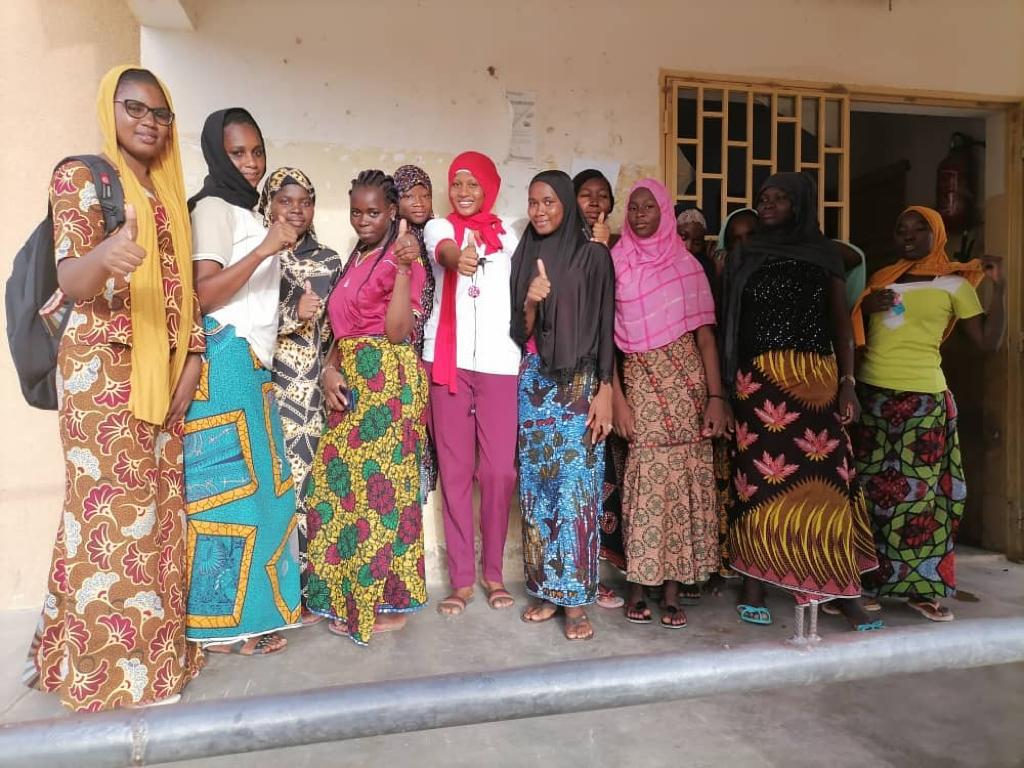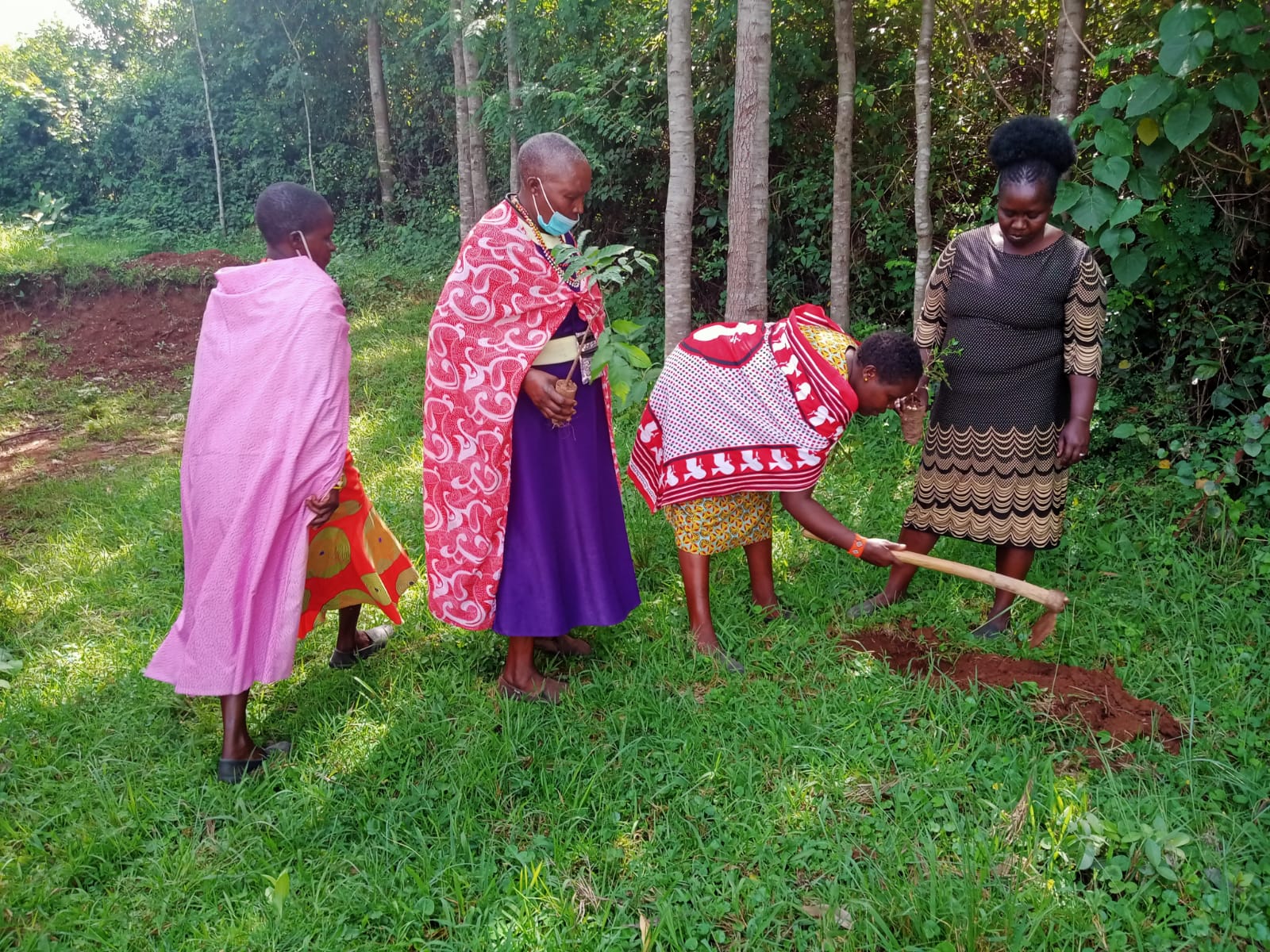

Indigenous Women have progressed in advocating for their rights through capacity building by participating in different National, Regional and International Meetings like the Commission on the Status of Women, Committee on the Elimination of Discrimination Against Women, the United Nations Convention on Climate Change, United Nations Permanent Forum on Indigenous Issues and the Convention Biological Diversity among others. African Indigenous Women, however, have been sidelined. This is due to various challenges facing indigenous women like Gender-based violence,
African Indigenous women and girls representing various sub-regions in Africa; French West Africa, Central Africa, Southern Africa, East Africa, Sudan, and other Arabic speaking countries in Northern Africa have come together to bring a collective document that will present their priorities and recommendations as well as add the African Indigenous woman’s voice on to the global statement which will be presented during the conference.
Give a look at some of the interesting videos which were presented during the event
Most Indigenous girls are unaware of their rights: such as the right to education, the right to healthcare, and the right to basic needs in general.
Through capacity building and indigenous women’s meaningful participation, elevate indigenous women’s self confidence and capacity in critical areas, improving their participation in decision-making processes and promoting self-confidence of their cultural and gender identities.
Investing in women’s economic empowerment sets a direct path towards gender equality, poverty eradication and inclusive economic growth.
Indigenous women, while experiencing the first and worst effects of climate change globally, are often in the frontline in struggles to protect the environment.
Indigenous peoples have the right to ensure the continuity of their practices, customs and traditions, women play a big role in ensuring that the spiritual and cultural knowledge does not disappear and is transmitted to the next generations